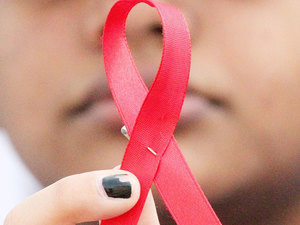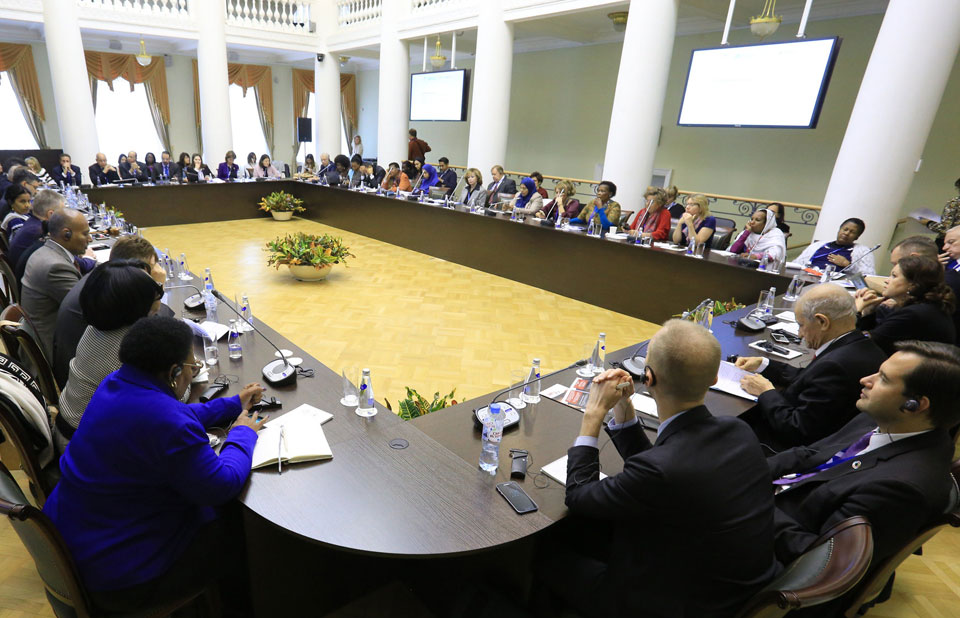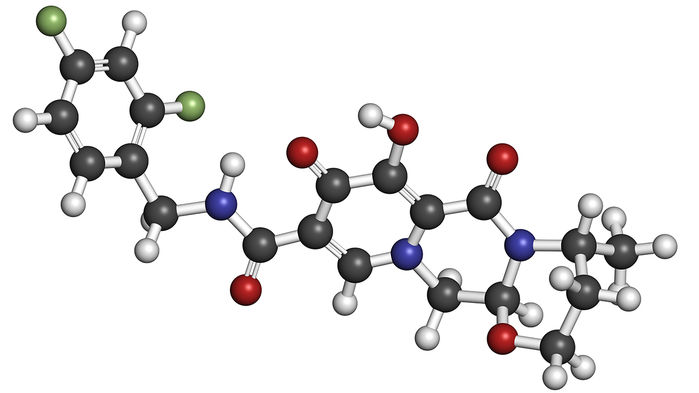Dear non-HIV-positive friend:
I am pleased to talk to you about HIV. In fact, I need to do it, and I need you to do it with those around you, too.
1. I’M NOT GOING TO DIE ANYTIME SOON.
At least, that’s not in my plans; at least not from HIV. My life expectancy is as long as yours. The quality of my life depends on how much I take care of myself (same as you). It’s been really hard to get where we are in terms of medical developments, but thanks to the work of many researchers and activists, HIV-positive people can today live as long and as comfortably as everybody else. So don’t be afraid—I am fine, and I will continue to be.
2. HIV IS NOT CAUGHT—IT’S TRANSMITTED.
The HIV virus can barely survive outside of a body, and since my viral load is undetectable, the possibility of transmission is very slim. There is no record of any case of an undetectable individual transmitting the virus, and it’s not in my plans to be the first one. This means that we can keep doing the same things together: cook, use the same toilet, share clothes, even have sex. Would you do all those things with me? What are your boundaries? Why have you set those boundaries there?
3. I’M ALWAYS WILLING TO TELL MY STORY,
But keep in mind that this is a sensitive topic and that not everybody is willing to share theirs. We must respect that. Questions such as “How did you get it?” are offensive for most people, basically because they’re asked with no tact whatsoever. If someone wants to share their story with you, let them take the first step, and make sure you create a supportive and judgment-free environment.
4. I AM JUST AS STRONG, WEIGH THE SAME, AND SLEEP AS LONG.
This doesn’t have to change. For some people, there are side effects to HIV treatment, but this can usually be fixed or improved by changing the medication—there are many different treatments available. For other people, the side effects don’t go away, and we need to support them. Luckily, I haven’t experienced any side effects. I know that I’m HIV-positive because that’s what a test showed, but I never noticed any changes in my body. I’m just as capable as before. I eat wonderfully, I go to the gym five or six times a week. I sleep like a baby. Same as always. HIV doesn’t have to change this; what can negatively impact the quality of our lives is the emotional stress that comes with stigma.
5. I STILL ENJOY SEX.
HIV-positive people who use protection (condoms, TasP, etc.) are not putting anybody at risk. If you ever get HIV (I hope not!), it would probably be from someone who wasn’t aware of their status. That’s why it’s so important to get checked regularly and to stay informed. The answer to the HIV epidemic is not abstinence, but the empowering of all of us in terms of sexual health: to stay informed, to get checked often, and to talk about it with utter freedom. Don’t be afraid or embarrassed to approach me.
6. I AM NOT ADDICTED TO ANY SORT OF DRUG.
And I’m not a pervert. If I were a drug addict, what I would need is help from a specialist and support from my family and friends; not mockery, discrimination or any other kind of bullying. About not being a pervert: HIV doesn’t care about race, gender, religious beliefs, or anything of the sort. The “H” in HIV stands for “Human,” and thus it should matter to all of us. The only thing that can help us avoid it is information.
7. AN HIV-POSITIVE PERSON DOESN’T HAVE TO DISCLOSE THEIR STATUS TO YOU BEFORE SEX (IN THEORY).
But unfortunately there are still many countries and some states in America that demand it. In any case, the point is that it’s your responsibility to look after yourself. Why? Easy! Do you tell your sexual partners about the last time you got checked for STDs and how many sexual encounters you’ve had since? I'm going to guess not. And that’s why, as I said before, the virus is especially transmitted from people who are not aware of their status or from people who are not being treated; not from undetectable HIV-positive people. The most important thing is that each of us takes responsibility for our own sexual health. Having said this, I personally believe that we should all look after each other, and that we have a big responsibility with our sexual partners, whether we are HIV-positive or HIV-negative.
8. NEITHER I NOR ANYONE ELSE DESERVES TO HAVE HIV.
We ought to remove the word “deserve” from our sexual health conversations. Everybody deserves to have pleasurable, safe sex, with one person or with as many as they want (it’s a human right). Viruses aren’t deserved—they are suffered. Nevertheless, they are way less problematic without judgment in the way, and with the support and understanding of those around us.
9. I HAVE LEGAL CHALLENGES TO OVERCOME.
I don’t know if my HIV will bring me discrimination issues in the workplace one day; I don’t know if it will make it much harder for me to adopt a child (it probably will); I don’t know if one day I won’t be able to enter a country for being HIV-positive; I don’t know if writing these articles might make any of those things even worse with what comes with being visible. I accept these challenges, and I’m ready to fight. But my energy is limited. I hope you will give me a hand.
10. I NEED YOUR SUPPORT.
I need for us to talk about HIV, and I need your help sharing this message with those around you. These articles aren’t exclusively for HIV-positive people. In fact, they are of more use for non-HIV-positive people, because they attempt to contribute to end the stigma, which feeds on a lack of information and fear. HIV-positive people tend to be well-informed, but the rest might not be, and it shouldn’t be that way—HIV and sexual health are everyone’s business. If someone doesn’t have enough information, not only are they more likely to subject others to stigma, but they are also more vulnerable to the disease because they don’t know how, or even what, to prevent. I have been living this experience for a year since my diagnosis. It’s a shocking one. I’ve always been surrounded by friends. Sometimes my friends will feel sheltered by the things I share here; other times they will feel uncomfortable because this is about them too, and it all has to do with how we all interact, create prejudice about others, or settle for a status quo that is beneficial for us. Your support makes me feel stronger and more motivated to become visible.
BY: MIGUEL CABALLERO





